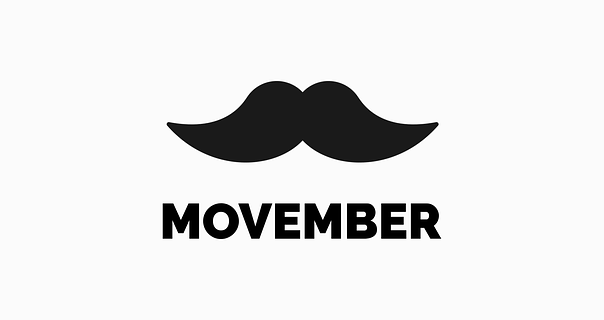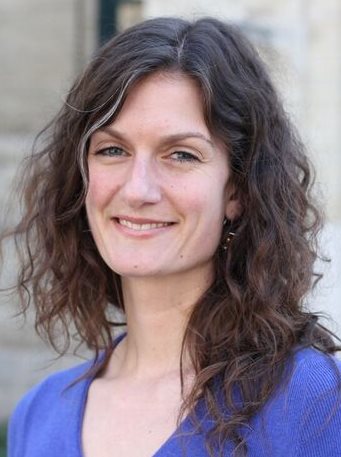
By
Adams Abdul Salam, Rachel Herron, Mairo Ahmadu, Candice Waddell, Jonathan Allan, Kerstin Roger, and Margaret de Jager
November 2019
Print Version
What you need to know
International students are growing in number across Canadian Universities because of the quality of the Canadian education system and Canada’s reputation as a safe country. Although international students are making significant contributions to the university culture and the Canadian economy, many international students face challenges that could negatively impact their mental health. Mental health issues are more pronounced among male international students than their female counterparts. This is, in part, because males are less likely to seek professional support, but it may be linked to other cultural factors as well as ‘race.’
Why this research is important
Values, practices, and beliefs associated with being a man can influence men’s relationship with healthcare. For example, men, in general, are less likely to engage with the healthcare system and ask questions about their own health. As such, they may not seek support for their mental health issues, which are often more stigmatized than physical health concerns. Even so, existing research on international students’ mental health typically does not focus on gender, ‘race,’ and culture as factors influencing the mental health experiences of male international students.
How this research was conducted
To understand how gender, race, and culture influence male international students’ experiences of mental health and wellness, Adams Abdul Salam conducted semi-structured small group discussions (known as focus groups) and one-on-one interviews with 12 international students. The focus group discussions allowed the research team to explore common experiences and beliefs among international students. Each focus group lasted approximately two hours and followed a common guide that began with an introduction followed by an open roundtable discussion about participants' understanding of ‘manliness’ and their mental health experiences. Interviews lasted approximately 45 minutes and allowed the men to disclose their personal experiences privately and in-depth. The focus groups and interviews were digitally recorded and transcribed word-for-word to maintain the trustworthiness of the research.
The research team developed thematic codes through detailed line-by-line analysis of focus group and interview transcripts within NVivo software. A series of regular team meetings were then used to discuss, refine, and condense the list of initial codes by clustering them into broader thematic groups in line with the research questions.
What the researchers found
Participants in this study described a man as someone who is physically and emotionally stable and takes charge of their problems. One participant also equated being a man to a warrior, and most participants described a man as someone who can deal with it. Even though participants often described support networks, including family and friends, they indicated that they would not rely on these connections for emotional support. The participants also indicated that—even when they thought about seeing a counselor—they decided they needed to deal with it on their own. Participants explained that expectations to send money ‘back home,’ pay increasing tuition fees, balance work and school, and buy health insurance contributed to their sense of stress. They felt isolated due to a lack of culturally specific supports, experiences of racism, and lack of opportunities. They identified physical separation from neighbours and communities—particularly in the winter—as further contributing to their sense of loneliness.
How this research can be used
The findings underscore the need to provide more culturally sensitive support to African male international students (e.g., mentorship programs, cultural associations). The findings also draw attention to the need for more opportunities to connect with the larger community. Additionally, there is a need to strengthen international students’ advocacy groups and mechanisms in universities to address work, tuition, and health care stressors that exacerbate mental health problems.
We thank the research participants for sharing their time and stories. This research project has been approved by the Brandon University Research Ethics Committee. Funding was provided by the Social Sciences and Humanities Research Council of Canada and the Canada Research Chair Program.
Acknowledgements
We thank the research participants for sharing their time and stories. This research project has been approved by the Brandon University Research Ethics Committee. Funding was provided by the Social Sciences and Humanities Research Council of Canada and the Canada Research Chair Program.
About the Researchers
Keywords
- African
- culture
- gender
- international student
- male
- masculinity
- mental health
- race
Editor: Christiane Ramsey
Read more BU Research
Research at Brandon University follows comprehensive policies designed to safeguard ethics, to ensure academic integrity, to protect human and animal welfare and to prevent conflicts of interest.




